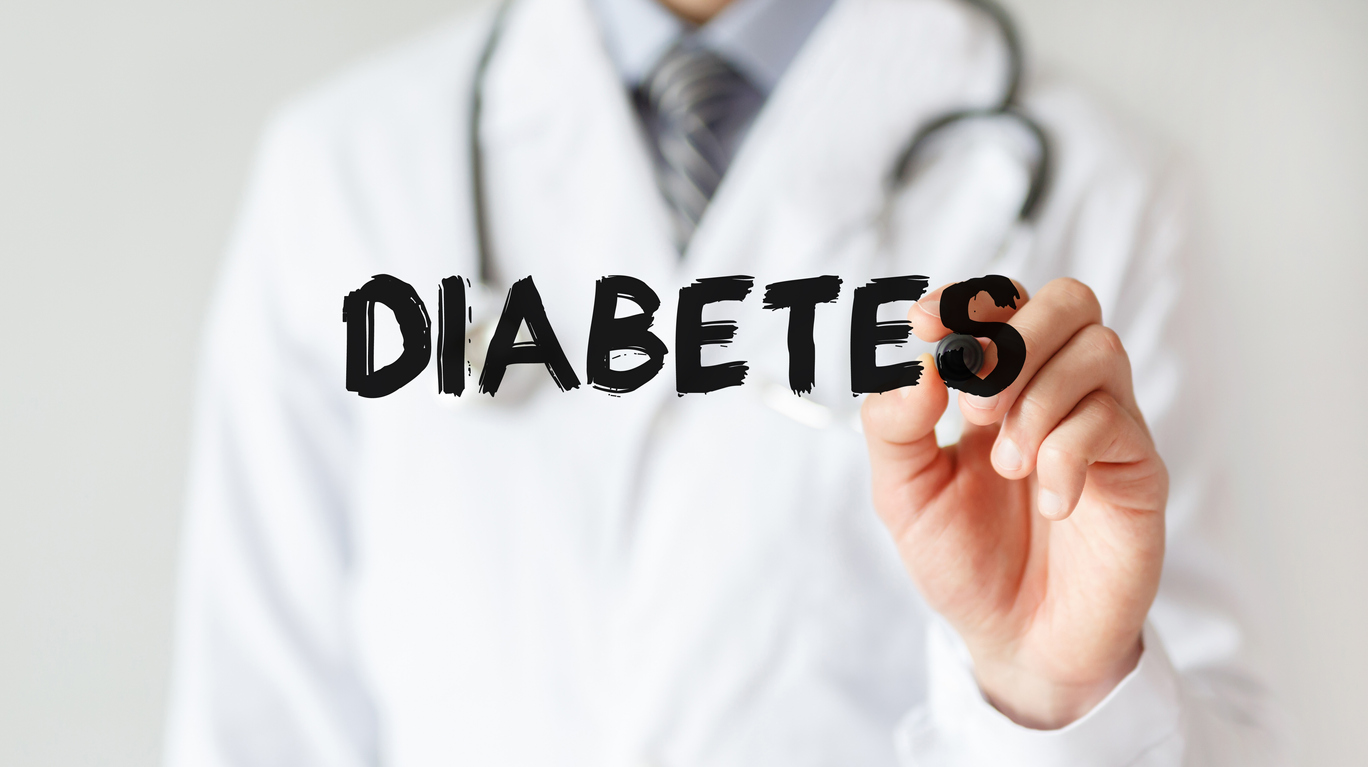— It may be goodbye to priority tiers, hello to points-based ranking system in coming years
NATIONAL HARBOR, Md. — Four years after a major revision of the U.S. heart transplant allocation rules, deliberations are again underway on how to curb gaming of the United Network for Organ Sharing (UNOS) system.
The recent explosion in Status 2 transplant candidates with advanced heart failure would improbably suggest that “suddenly the entire country has sicker patients,” said Shelley Hall, MD, chief of transplant cardiology at Baylor Scott & White Health in Dallas and chair of the cardiac committee for UNOS. Read more in MedPage Today.









